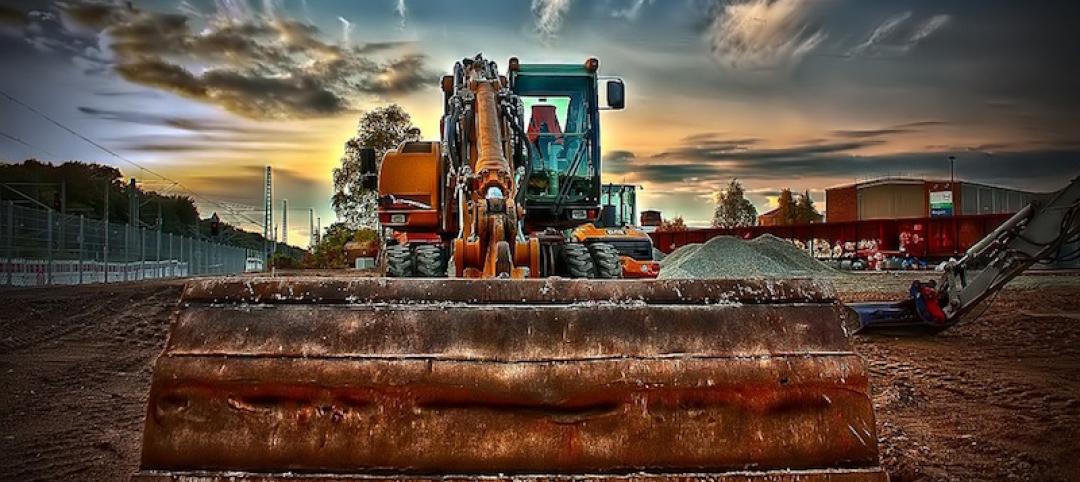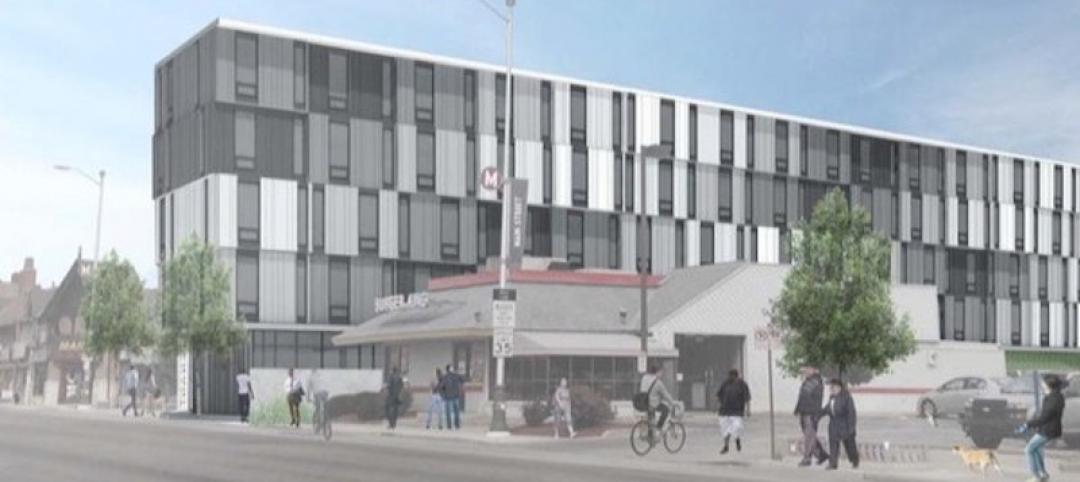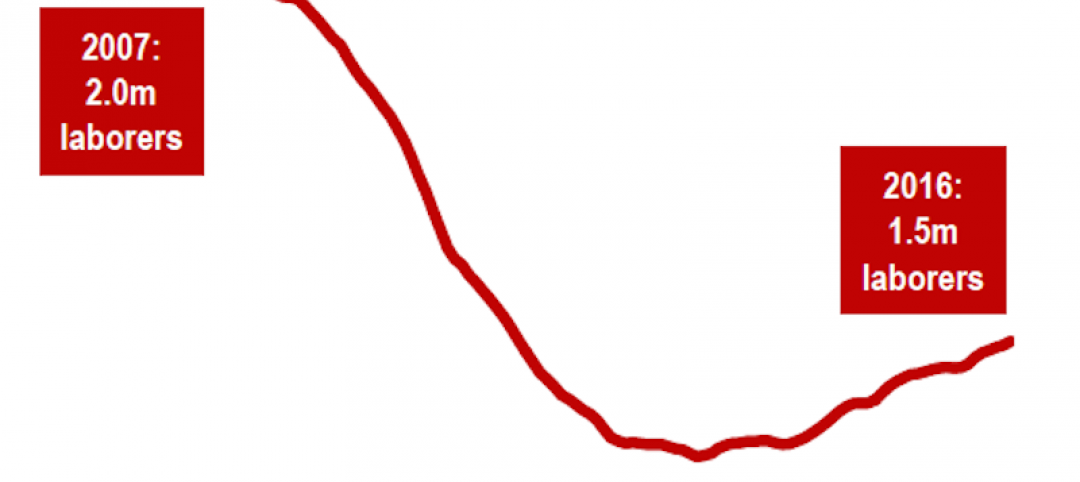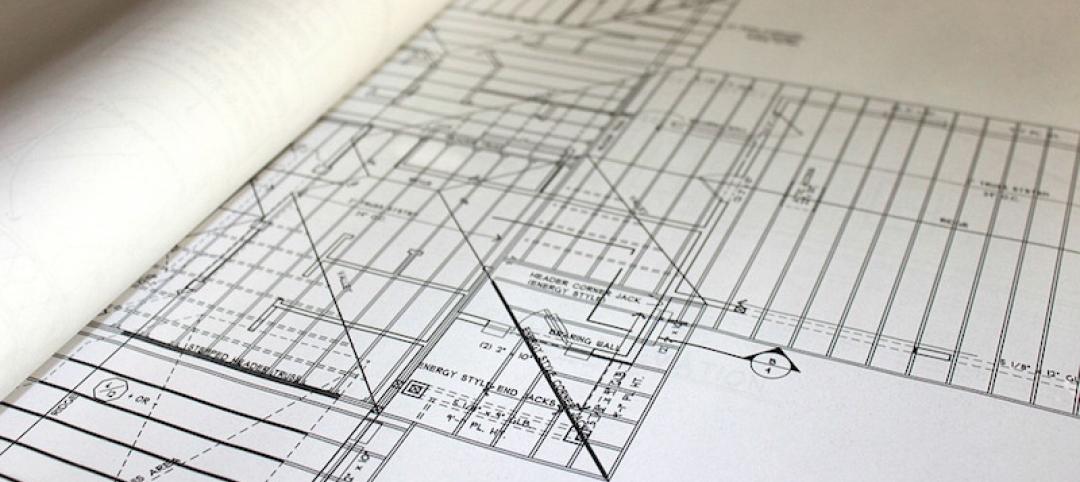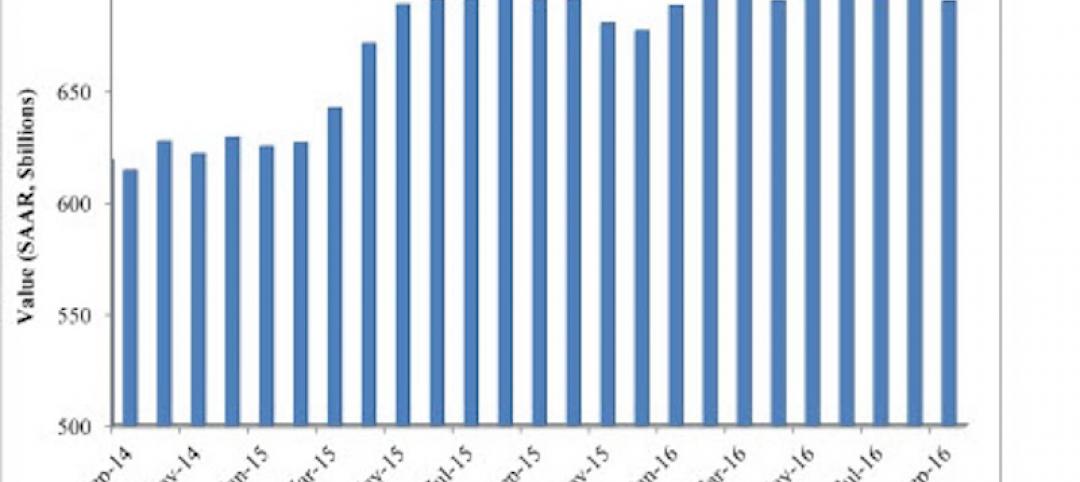Construction firms are experiencing widespread project deferrals and cancellations, along with disruptions to ongoing work and few new project awards, as the economic damage from the pandemic drags down industry employment in metro areas across the nation, according to a new survey and an analysis of new government data that the Associated General Contractors of America released today. Association officials urged Congress to pass new coronavirus relief measures to head off further job losses.
“The survey results make it clear that the months-long pandemic is undermining demand for projects, disrupting vital supply chains and clouding the industry’s outlook,” said Ken Simonson, the association’s chief economist. “Without new federal relief measures, these challenges pose a significant threat to current construction employment levels.”
Simonson noted that three-quarters of survey respondents report having a scheduled project postponed or canceled. He added that is up from the 60% of contractors who reported a canceled project in our August survey and 32% who did so in June. Meanwhile, only 23% of contractors report working on new or expanded construction projects as a result of the pandemic, about the same percentage as in June.
The coronavirus is also disrupting projects that are still underway, Simonson noted. Seventy-eight percent of respondents report they are currently experiencing project delays or disruptions, up from 57% in June. In particular, 42% of firms are experiencing disruptions due to a shortage of construction materials, equipment or parts. In addition, 35% are experiencing disruptions because of a shortage of craftworkers and/or subcontractors. In one bit of good news, however, only 7% of firms are experiencing disruptions because of a shortage of personal protective equipment.
Shrinking demand and disrupted operations are shaking many contractors’ faith in the future, the survey showed. Thirty-four percent of respondents report they do not expect their firm’s volume of business will return to pre-pandemic levels for at least a year.
Delays, disruptions and uncertainty threaten to undermine employment levels in the construction sector. In fact, 30% of firms report they have already furloughed or terminated employees because of the coronavirus.
That is likely why construction employment fell during the past year in most metro areas, Simonson added. Construction employment fell in 234, or 65%, of 358 metro areas between September 2019 and September 2020. Construction employment was stagnant in 38 other metro areas, meanwhile, and only 86 metro areas added construction jobs during the past year.
Houston-The Woodlands-Sugar Land, Texas lost the most construction jobs over those 12 months (-24,400 jobs, -10%), followed by New York City (-19,500 jobs, -12%). Brockton-Bridgewater-Easton, Mass. had the largest percentage decline (-36%, -2,000 jobs), followed by Altoona, Pa. (-32%, -1,000 jobs) and Johnstown, Pa. (-32%, -900 jobs).
Dallas-Plano-Irving, Texas added the most construction jobs from September 2019 to September 2020 (5,100 jobs, 3%), followed by Baltimore-Columbia-Towson, Md. (4,700 jobs, 6%). Walla Walla, Wash. had the highest percentage increase (25%, 300 jobs), followed by Fond du Lac, Wisc. (15%, 500 jobs).
Simonson added that a majority of firms report they plan to cut jobs or abstain from adding new employees during the coming year. Twenty percent expect their headcount will shrink while 42% report they do not plan to add to the size of their headcount during the next twelve months.
Most firms participating in the survey, 78%, cited a preference for new federal relief measures to mitigate against the impacts of the coronavirus. Among the measures firms are hoping Washington officials will enact are new federal investments in infrastructure, liability reforms that protect responsible firms from frivolous coronavirus suits and a new highway and transportation bill.
As a result, association officials urged Congressional leaders to recall legislators right after the election to pass much-needed new coronavirus relief measures. In particular, the construction officials called on Congress to new infrastructure investments, liability reforms and an additional round of Paycheck Protection Program loans.
“As our survey shows, the pandemic and efforts to mitigate its spread have deeply wounded the economy, depressing demand for many types of commercial construction projects,” said Stephen E. Sandherr, the association’s chief executive officer. “Congress can end the downward economic slide and help create needed new construction jobs by passing measures to boost demand and protect honest employers.”
View the survey results. View the metro employment 12-month data, rankings, top 10, and map.
Related Stories
Market Data | Nov 30, 2016
Marcum Commercial Construction Index reports industry outlook has shifted; more change expected
Overall nonresidential construction spending in September totaled $690.5 billion, down a slight 0.7 percent from a year earlier.
Industry Research | Nov 30, 2016
Multifamily millennials: Here is what millennial renters want in 2017
It’s all about technology and convenience when it comes to the things millennial renters value most in a multifamily facility.
Market Data | Nov 29, 2016
It’s not just traditional infrastructure that requires investment
A national survey finds strong support for essential community buildings.
Industry Research | Nov 28, 2016
Building America: The Merit Shop Scorecard
ABC releases state rankings on policies affecting construction industry.
Multifamily Housing | Nov 28, 2016
Axiometrics predicts apartment deliveries will peak by mid 2017
New York is projected to lead the nation next year, thanks to construction delays in 2016
Market Data | Nov 22, 2016
Construction activity will slow next year: JLL
Risk, labor, and technology are impacting what gets built.
Market Data | Nov 17, 2016
Architecture Billings Index rebounds after two down months
Decline in new design contracts suggests volatility in design activity to persist.
Market Data | Nov 11, 2016
Brand marketing: Why the B2B world needs to embrace consumers
The relevance of brand recognition has always been debatable in the B2B universe. With notable exceptions like BASF, few manufacturers or industry groups see value in generating top-of-mind awareness for their products and services with consumers.
Industry Research | Nov 8, 2016
Austin, Texas wins ‘Top City’ in the Emerging Trends in Real Estate outlook
Austin was followed on the list by Dallas/Fort Worth, Texas and Portland, Ore.
Market Data | Nov 2, 2016
Nonresidential construction spending down in September, but August data upwardly revised
The government revised the August nonresidential construction spending estimate from $686.6 billion to $696.6 billion.



